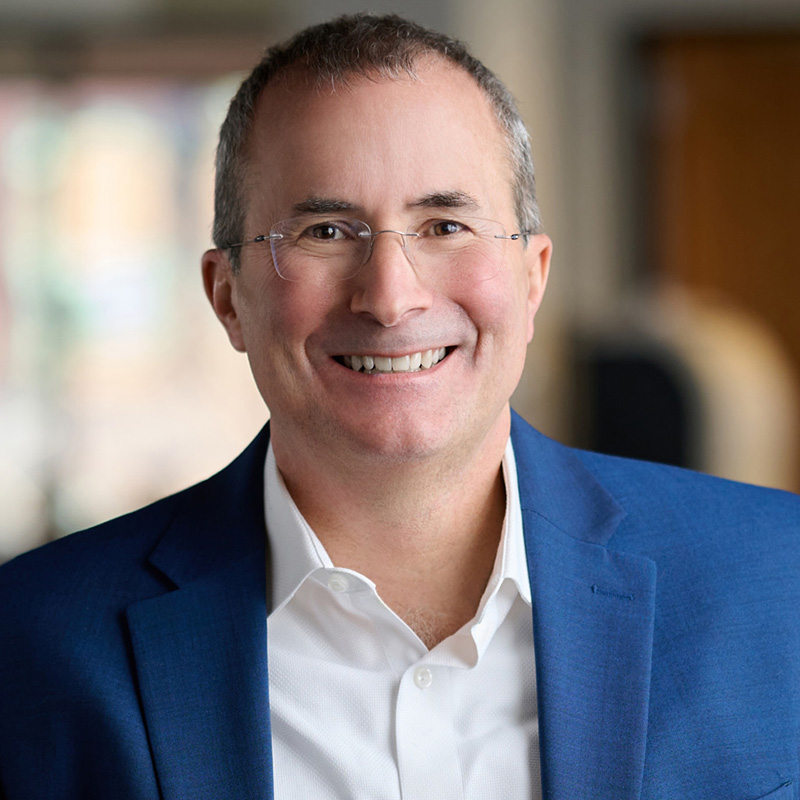
skynesher / E+ via Getty Images
Ken Doctor did a recent piece on “epiphanies” that caused me to think of a few of my own.
First, Ken is very right that the ultimate answer lies in the consistent production of great news content. If you want people to pay more for your product, then you need to deliver a great product. But as we all know, quality local journalism can only continue if there is a business model to support it.
Our entire objective behind the Journalism Competition & Preservation Act (JCPA) is to create terms and conditions that will return value back to the publishers and reporters who create original, high-quality journalism. We need to move away from the Google- and Facebook-driven incentives that reward clickbait – and create a vibrant digital marketplace that values more and better local reporting. If the financial incentives favor great content, then that is where the investment capital will flow. And despite the cynicism, there is every reason to think we can get there.
I find it strange when commentators – particularly from within the industry – imply that news publishers don’t even have the right to ask for more value from Google and Facebook. This is part of a whole line of thinking where folks would prefer to fight about decisions made in the industry 20 years ago instead of addressing the hard problems right in front of us. I absolutely couldn’t care less about business decisions made decades ago, and I don’t think our answers will be found there.
The question is, do we want quality local journalism in the future or not? And there is nothing inherently wrong with asking those who distribute our content and disproportionately benefit from the user attention around news to return more of that value back to the publishers and hard-working reporters who produce it. Google and Facebook pay music publishers (among many other content creators) every day – so why are local news publishers and journalists singled out for special ill-treatment? (And can we finally drop the argument that referral traffic is its own reward? That is a truly backward-looking view.)
The ones who need collective action the most are local publishers who have no individual standing or capacity to demand better compensation for their valuable content. (By the way, some have expressed the concern that our bill could create a “media cartel.” That concern is both laughable in the face of the market power of Google and Facebook – and completely contrary to the other counter-argument that the platforms don’t care about news and will feel no need to negotiate at all!)
Some still also express a very 1980’s concern about consolidation in the news industry. We should all start by understanding that this is still a pretty unconsolidated business compared to many others. There are literally thousands of independent news publishers. No single player – including Gannett – could even begin to claim dominance over our collective news attention. And, frankly, consolidation is a rational response to the business economics driven by the platforms. Anyone who wants less consolidation should support efforts to allow local publishers to get more value back for their journalism.
There have been tremendously brutal cutbacks in the industry, but we still have a highly dispersed local news ecosystem that is producing quality journalism in many communities. Do we want to set digital terms that will allow it to rebuild and grow – or, alternatively, are we going to allow professional local journalism to disappear altogether?
Finally, there will always be critics who like to complain about the JCPA. But, to date, none have been able to offer a viable alternative solution for the future of the news business. Just to be very clear: rich people and the government aren’t going to save us – and they shouldn’t have to. Producing great content and getting full value from the supply chain is a rational and eminently practical approach for building a strong digital future for quality journalism.

David Chavern is former President & CEO of the News/Media Alliance. Chavern has 30 years of experience in executive strategic and operational roles. Prior to the Alliance, he completed a decade-long tenure at the U.S. Chamber of Commerce.

